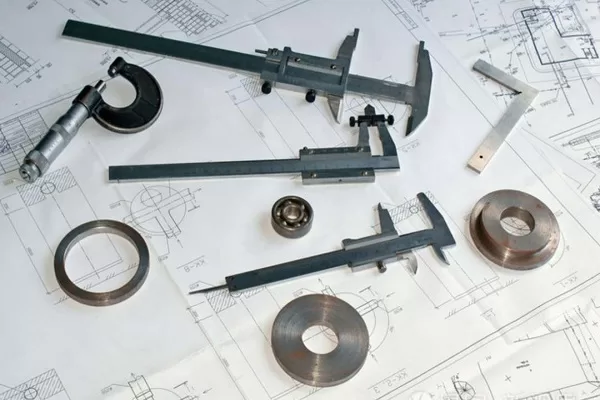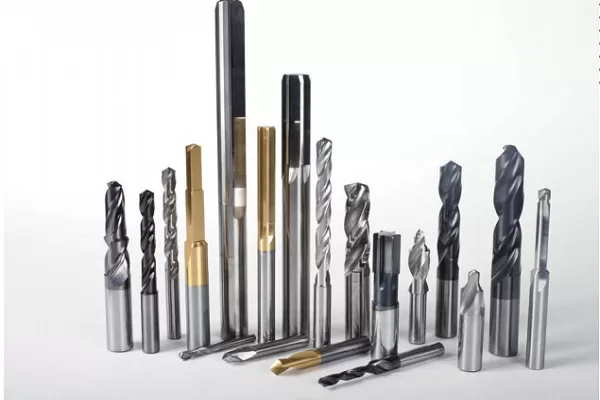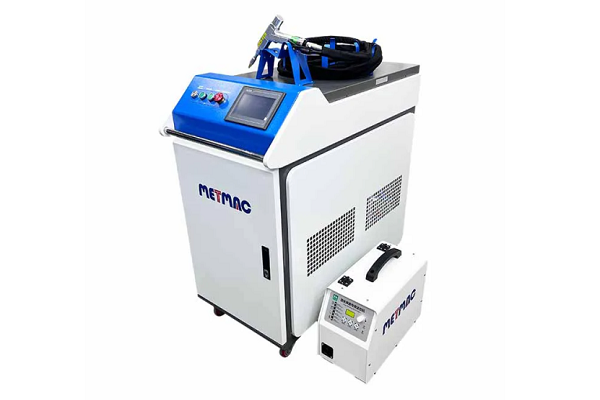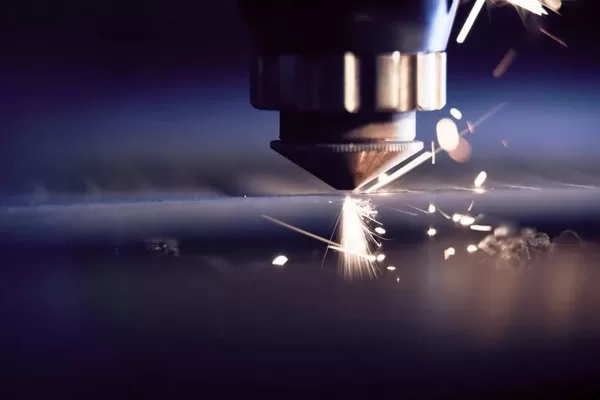
Understanding Different Types of Metal Plate Bending Machines- Hydraulic, CNC, and More
- By:Metmac
- 2024-05-23
- 85
In the vast realm of metalworking, the bending of metal plates holds immense significance. From intricate automotive frames to colossal ship hulls, precision plate bending operations are indispensable. To cater to this demanding industry, diverse types of metal plate bending machines have emerged, each with its unique characteristics and capabilities.
Hydraulic Plate Bending Machines: The Stalwart Workhorses
Hydraulic plate bending machines, powered by pressurized hydraulic fluid, have long been the industry stalwarts. Their immense force and adaptability render them excellent choices for heavy-duty bending tasks. Hydraulic machines offer the advantage of variable bending pressure, allowing for adjustments according to material thickness and profile complexity. Their rugged construction ensures longevity and resilience in harsh industrial environments.
CNC Plate Bending Machines: Precision at Your Fingertips
Computer Numerical Control (CNC) plate bending machines have revolutionized the plate bending process. These machines are equipped with sophisticated software that precisely controls the bending angle and pressure. CNC bending machines excel in applications demanding high accuracy and repeatability. They eliminate human error, resulting in consistent and precise bends even on intricate geometries. Furthermore, CNC machines enable programming of complex bending sequences, automating the process and boosting productivity.
Mechanical Plate Bending Machines: Simplicity with Strength
Mechanical plate bending machines employ mechanical force, leveraging levers and gears to shape metal plates. While not as versatile as their hydraulic or CNC counterparts, mechanical benders are highly reliable and cost-effective options for simpler bending tasks. They offer a manual bending operation, providing greater control over the bending process to experienced operators.
Hybrid Plate Bending Machines: The Best of Both Worlds
For applications demanding a balance between strength and precision, hybrid plate bending machines emerge as an intriguing option. These machines combine the power of hydraulics with the accuracy of CNC control. They provide the flexibility of hydraulic bending with the added precision afforded by computer-controlled systems. Hybrid machines are ideal for bending thicker materials or intricate shapes that require both force and finesse.
Choosing the Right Machine
Selecting the optimal metal plate bending machine hinges on the specific application requirements. Factors to consider include the material thickness, bending angle, precision, and production volume. For high-volume production of complex parts, CNC machines excel. Where speed and precision are paramount, hybrid machines offer an ideal solution. Hydraulic machines remain reliable and cost-effective choices for heavy-duty bending.
By comprehending the distinct intricacies of these machines, industries can optimize their metalworking capabilities and enhance their efficiency and accuracy. From towering skyscrapers to sleek automotive marvels, metal plate bending machines play an indispensable role in shaping the modern world we experience.
-
The Advantages of Using a Sheet Roll Forming Machine in Manufacturing
2024/09/14 -
How to Optimize Your Laser Sheet Cutting Machine for Maximum Performance
2024/09/12 -
How to Maximize Efficiency with Modern Sheet Metal Working Machines
2024/09/04 -
The Environmental Benefits of Using Duct Board Grooving Machines
2024/09/03
-
A Guide to the Latest Innovations in Sheet Metal Folding Machines
2024/11/29 -
Key Features to Consider When Investing in a Sheet Metal Folding Machine
2024/11/28 -
Enhancing Precision with Advanced Sheet Metal Folding Machines
2024/11/27 -
How to Choose the Right Sheet Metal Folding Machine for Your Workshop
2024/11/26



